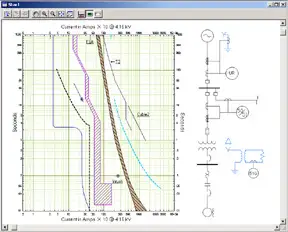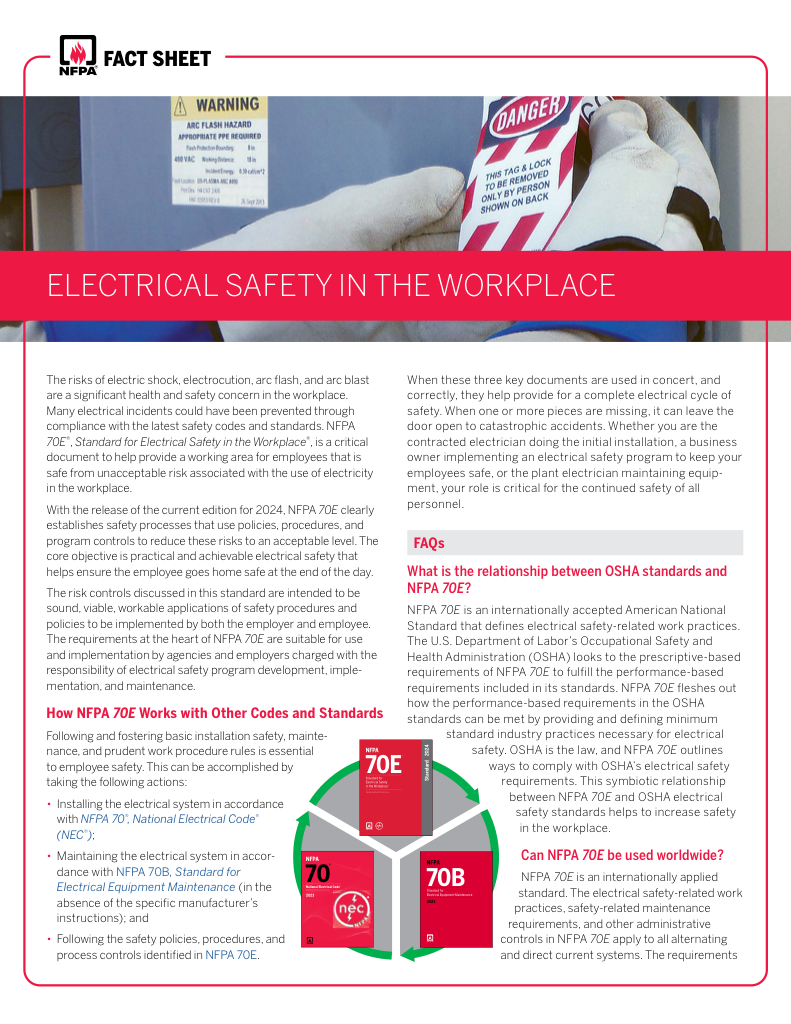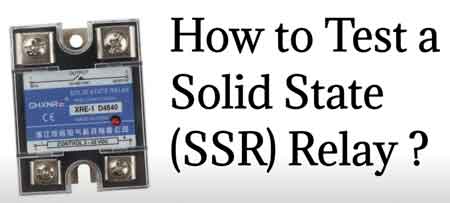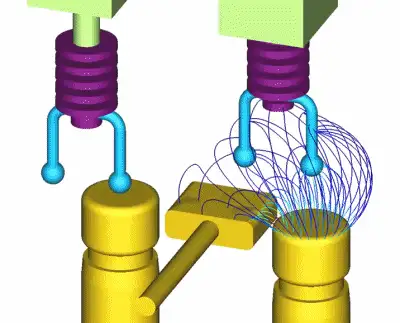Arc Flash Assessment Software: Ensuring Electrical Safety and Compliance
By R.W. Hurst, Editor

CSA Z462 Arc Flash Training - Electrical Safety Essentials
Our customized live online or in‑person group training can be delivered to your staff at your location.

- Live Online
- 6 hours Instructor-led
- Group Training Available
Download Our NFPA 70E Fact Sheet – 2024 Electrical Safety Edition

- Understand how NFPA 70E works with NEC and NFPA 70B standards
- Clarify the shared responsibility between employers and employees
- Learn how NFPA 70E supports OSHA compliance
Arc flash assessment software automates electrical hazard analysis, calculating incident energy and defining safety boundaries. It ensures NFPA 70E and IEEE 1584 compliance, improving worker protection, safety documentation, and overall electrical system reliability.
Understanding Arc Flash Assessment Software for Compliance With NFPA 70E
Arc flash assessment software automates electrical hazard analysis, calculating incident energy levels and defining safe working boundaries. It ensures NFPA 70E and IEEE 1584 compliance by generating reports, warning labels, and system models that improve electrical safety and operational efficiency. For an overview of the assessment process itself, see our Arc Flash Assessment page.
Request a Free Training Quotation
Arc Flash Hazard Analysis Process
This specialized software is an essential engineering tool for performing detailed arc flash hazard analyses. It calculates the potential energy released during an electrical fault and determines approach boundaries to establish safe working distances and required personal protective equipment (PPE). By using data from electrical system models, short-circuit studies, and protective device coordination, the software follows the IEEE 1584 methodology to deliver consistent, data-driven, and accurate results.
Key Features and Capabilities
When evaluating which arc flash assessment software to use, important features include comprehensive hazard analysis modules, the ability to handle both AC and DC systems, and full compatibility with NFPA 70E and IEEE 1584 standards. Effective software should also generate professional reports and compliant labels, while offering user-friendly interfaces and seamless integration with power system modeling tools. Import and export capabilities reduce manual data entry, saving time and minimizing human error.
NFPA 70E and IEEE 1584 Compliance
Compliance with NFPA 70E and related standards is a critical element of electrical safety management. Arc flash software helps ensure that facilities remain compliant by producing precise analyses, reports, and documentation. The software’s output aligns with NFPA 70E requirements, including arc flash boundaries and PPE categories, enabling organizations to protect personnel while meeting regulatory expectations. For additional guidance on compliance, see our NFPA 70E Training course.
FREE EF Electrical Training Catalog
Download our FREE Electrical Training Catalog and explore a full range of expert-led electrical training courses.

- Live online and in-person courses available
- Real-time instruction with Q&A from industry experts
- Flexible scheduling for your convenience
Electrical System Modeling Integration
Modern arc flash software integrates easily with existing electrical system models from platforms such as ETAP, SKM Power*Tools, and EasyPower. This integration allows engineers to import one-line diagrams and protection device data directly into the analysis, eliminating redundant work and ensuring results reflect the most current system configuration. The ability to synchronize information across platforms improves overall accuracy, efficiency, and long-term system management.
Software vs Manual Arc Flash Calculations
Compared to manual calculations, software-based assessments provide far greater accuracy, speed, and consistency. Automated algorithms process large and complex systems faster and more reliably than hand calculations. Engineers can update or rerun studies whenever system modifications occur, ensuring current data and minimizing downtime. This accuracy and speed enhance safety, lower costs, and maintain compliance across facility operations.
Regular Arc Flash Assessments for Safety
Regular use of arc flash assessment software is essential for ongoing safety. NFPA 70E recommends performing assessments at least every five years or whenever significant system changes occur. Routine studies using updated software ensure that PPE labels, hazard boundaries, and procedural controls remain accurate as equipment ages or system layouts evolve. Keeping documentation current also supports insurance, audit, and regulatory requirements.
Arc Flash Software Training and User Support
Although many programs are designed with intuitive interfaces, proper training ensures users understand how to enter accurate data, interpret analytical results, and generate correct reports. Software providers often offer specialized instruction and technical support to help users gain proficiency. Broader programs, such as Electrical Safety Training, reinforce the knowledge needed to apply arc flash software results effectively in real-world settings.
Arc Flash Reporting and Equipment Labeling
One of the major advantages of these tools is their robust reporting and labeling capability. Arc flash software generates detailed reports containing incident energy levels, fault currents, approach boundaries, and PPE requirements. It also produces standardized safety labels to be applied to electrical equipment, helping workers quickly recognize hazards and make informed decisions in the field. These reports support safety audits and demonstrate regulatory compliance during inspections.
Software Costs and Case Studies
The cost of arc flash assessment software varies depending on brand, licensing, and included features. Some vendors offer perpetual licenses with optional maintenance contracts, while others provide annual subscriptions that include technical support and updates. Though the initial investment can be substantial, the long-term benefits—higher accuracy, faster analysis, compliance assurance, and improved safety—outweigh the cost.
Many developers publish case studies and testimonials demonstrating measurable safety improvements and cost efficiencies achieved through implementation. These examples highlight how companies use arc flash software to streamline hazard analysis, enhance maintenance planning, and reduce operational risk.
NFPA 70E and IEEE 1584 Updates
Reputable software platforms are updated regularly to reflect new standards and regulations such as NFPA 70E, IEEE 1584, and CSA Z462. Updates often include refined algorithms, enhanced reporting templates, and user-driven features that further improve analysis quality. Staying current ensures continued compliance and effective application of the latest safety methodologies. For additional technical background, visit our Arc Flash Boundary and Incident Energy pages.
Arc Flash Assessment Software in Safety Programs
Arc flash assessment software has become indispensable in modern electrical safety programs. By automating complex calculations, integrating seamlessly with electrical system data, and producing precise reports, it empowers professionals to protect people, equipment, and facilities more effectively. Through consistent use, proper training, and regular updates, organizations can maintain compliance, improve efficiency, and significantly reduce the risk of electrical accidents.
Related Articles







